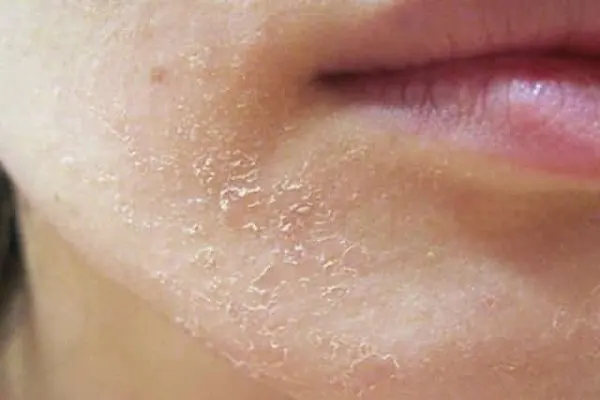When skin loses water too quickly, it becomes dry. This can happen for many reasons. Everyday things, such as using deodorant soaps and harsh cleaning products, can strip oils and fats from our skin. Taking long, hot showers can also dry your skin. Living in a cold, dry place dries the skin, too.
You can often heal dry skin by making some changes, which includes moisturizing several times a day.
When the skin continues to lose water and cannot heal itself, skin can become excessively dry. Age, certain medications, and disease can also cause skin to become excessively dry.
Certain people have a higher risk of developing excessively dry skin. If any of the following apply to you, you may. How many of the following apply?
With age, our skin produces less sebum, an oil that keeps skin soft and youthful. By your 40s, the amount of sebum your body makes drops dra-matically. After 40, the amount of sebum your skin contains continues to drop.
Research shows that people who have brown, black, or fair skin are more likely to develop very dry skin than people who have a medium complex-ion, such as people who have Mediterranean ancestry.
Extremely dry skin is a possible side effect of several medications, includ-ing statins and diuretics.
A job that requires you to frequently put your hands in water throughout the day or use harsh chemicals can strip your skin of its protective layer. Hairdressers, nurses, housekeepers, construction workers, cooks, florists, and metal workers often develop excessively dry skin.
When outdoor temperatures fall, the air holds less moisture. Research shows that this can lead to excessively dry skin.
Skin requires nutrients to keep it healthy. If you’re not getting enough vitamin D, vitamin A, niacin, zinc, or iron, you can develop excessively dry skin.
Cigarettes contain harmful chemicals that speed up how quickly your skin ages, so skin becomes drier.
Some conditions that affect the skin, including atopic dermatitis, ichthyosis, perioral dermatitis, psoriasis, and seborrheic dermatitis, can cause excessively dry skin.
If you’ve had a skin condition that caused itchiness at some time in your life, you have a greater risk of developing excessively dry skin. Many adults who had atopic dermatitis as a child live with extremely dry skin.









